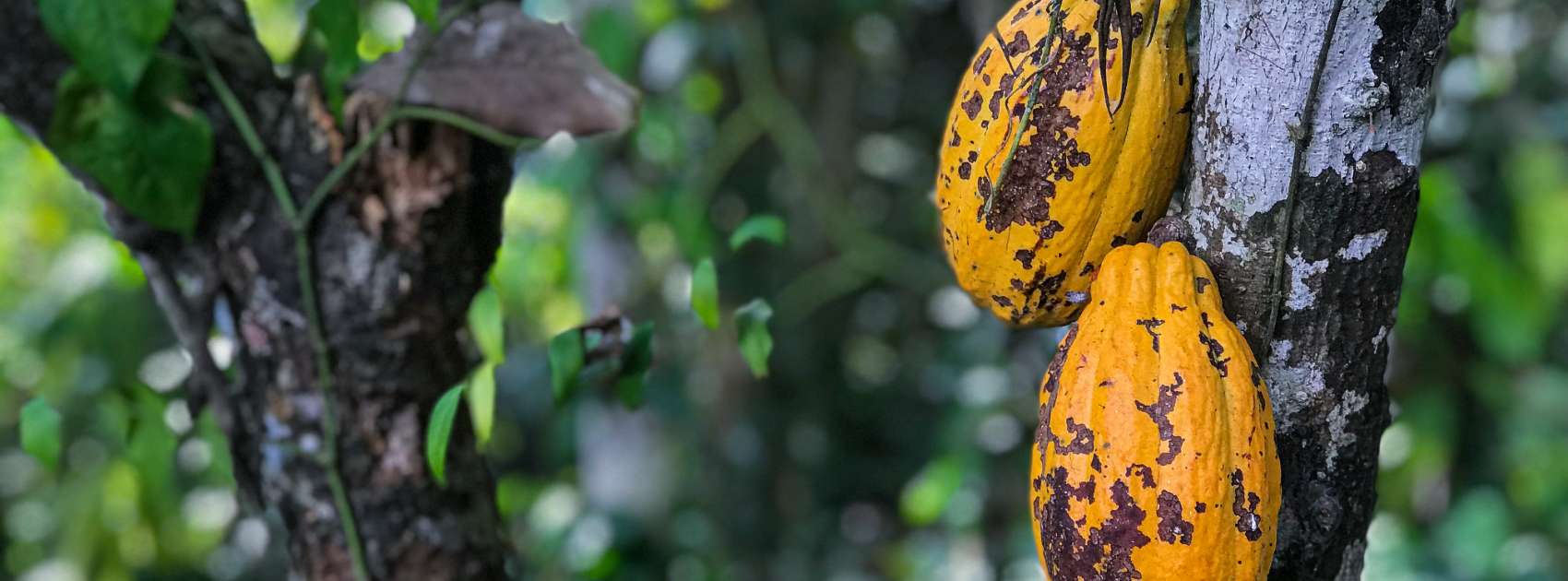Equatorial Guinea
[graduated 01/01/2021; this is an archived page that is no longer updated] Equatorial Guinea graduated from the LDC status in 2017 and left the EBA on 01 January 2021. In view of its classification as an upper-middle income economy with a per-capita income of $ 5.240 in 2022, Equatorial Guinea also exceeds the criteria for the Standard GSP.
What is the EBA?
The “Everything but Arms" (EBA) scheme is a permanent arrangement covering Least Developed Countries (LDCs) as classified by the United Nations. This arrangement enables duty-free and quota-free access for all products (7,200 products in total) originating in LDCs except for arms and ammunition. Unlike beneficiaries of the Standard GSP and GSP+, LDCs are not excluded from the scheme if they benefit from other preferential arrangements or agreements with the EU.

1.7 M
Population
Presidential Republic
Government
0.038
GDP Growth
0.04
Inflation
$ 12.0 B
GDP
Facts about Equatorial Guinea's economy
Oil Production
Equatorial Guinea belonged to the fastest growing economies on the African continent in the past decade. Economic growth was fuelled by the production of oil, which most recently contributed about 25% to the country’s GDP. Currently, Equatorial Guinea is the third biggest producer in Sub-Saharan Africa.
Export Products
Equatorial Guinea's main export product is petroleum oil, followed by natural gas, methanol, tropical woods, and propane.
Trade Partners
The EU, China and India are the most important trading partners for Equatorial Guinea and together account for almost 72% of total trade.
Economic Structure
The industrial sector, mainly consisting of the petroleum industry, contributes the largest share to the country's GDP, followed by the service sector. Agriculture is traditionally of high importance but only adds a tiny fraction to the GDP as it consists mainly of subsistence farming. Coffee and cocoa are the most prominent agricultural commodities together with cassava, sweet potato, and oil palm fruit. The production of timber is another cornerstone of the economy.
Usage of EBA Preferences
Less than one percent of overall imports from Equatorial Guinea make use of EBA preferences. The country did not take advantage of EBA preferences in 2020, and left the EBA on 01 January 2021.
Trade with the EU
Total trade with the EU summed up to € 3,651 million in 2022. The EU is Equatorial Guinea's first most important export destination, accounting for a share of over 42%.
EQUATORIAL GUINEA AND THE EU GSP
Economic Impact
1%
Only a tiny fraction of Equatorial Guinea's exports to the European market are eligible for EBA preferences.
0%
Equatorial Guinea currently does not take advantage of EBA preferences.
Preference utilisation and export diversification
Equatorial Guinea's imports to the EU
Preference utilisation vs. total eligible imports
Equatorial Guinea’s preference utilisation rate showed considerable fluctuations between 2011 and 2020. In 2020, Equatorial Guinea did not take advantage of EBA preferences. The majority of imports from Equatorial Guinea, however, already benefits from zero Most Favoured Nation duties including, for example, mineral products and gold.
The largest product sections under EBA
Equatorial Guinea only makes use of EBA preferences for products falling under two product sections: Prepared foods and beverages, and wood articles. Even though the most important imports from Equatorial Guinea are traded under MFN duties, the level of diversification remains low.
